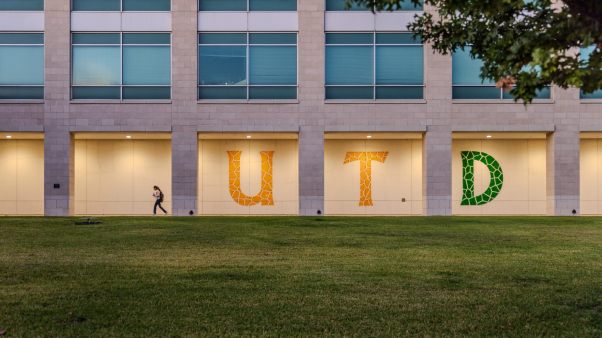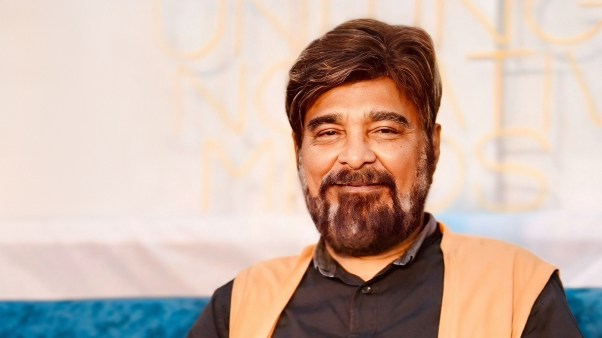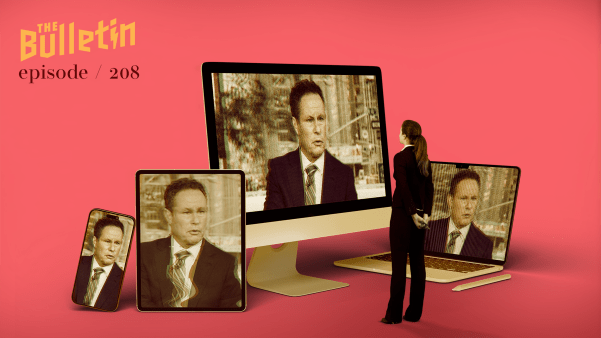The latest findings from a significant ongoing study of religion and race in America suggest that divergent perceptions on race among black and white Christians have continued to widen since 2006.
"The new findings … lay bare the dramatic and growing gap in racial attitudes and experiences in America," writes David Briggs in releasing the second wave of results from the Portraits of American Life Study (led by Michael Emerson of Rice University and David Sikkink of Notre Dame) via the Association of Religion Data Archives. "We do not live in a post-racial nation, the [new 2012 results] suggests, but in a land of two Americas divided by race, and less willing than ever to find a common ground of understanding."
Briggs's analysis of how the "vast gap in perspectives on race" increased from 2006 to 2012 is worth reading. Key findings reviewed by CT directly include:
1) More evangelicals and Catholics have come to believe that "one of the most effective ways to improve race relations is to stop talking about race." In 2012, 64 percent of evangelicals and 59 percent of Catholics agreed with this statement, up from 48 percent and 44 percent respectively in 2006.
The increases—driven by whites in both groups—were the only statistically significant changes among religious groups studied (apart from "other" Protestants: 56 percent agreed in 2012 vs. 41 percent in 2006). By comparison, 44 percent of black Protestants agreed in 2012 (vs. 37 percent in 2006), as did 52 percent of mainline Protestants (vs. 46 percent in 2006).
Among black evangelicals, 34 percent agreed in 2012, vs. 24 percent in 2006. Both findings were less than half the rate of white evangelicals (69 percent in 2012 vs. 51 percent in 2006).
2) More evangelicals now agree that "it is okay for the races to be separate, as long as they have equal opportunity." In 2012, 30 percent of all evangelicals agreed, up from 19 percent who said the same in 2006.
This increase was the only statistically significant change among religious groups studied, and occurred among white evangelicals (20 percent in 2006 vs. 34 percent in 2012), not black evangelicals (19 percent in 2006 vs. 16 percent in 2012).
By comparison, 30 percent of black Protestants agreed with the "separate but equal" idea in 2012, as did 24 percent of mainline Protestants, 20 percent of Catholics, and 24 percent of "other" Protestants.
3) On the question of whether the government "should do more to help minorities increase their standard of living," whites are no longer divided along religious lines the way they were six years earlier.
In 2006, more than 4 in 10 white non-evangelical Protestants agreed that the government should do more, versus only 3 in 10 white evangelicals and white Catholics. But in 2012, researchers found that "the religion effect disappeared" thanks to "substantial declining support" among white mainline Protestants (dropping from 42 percent to 21 percent) and white "other" Protestants (42 percent to 20 percent). Thus, "regardless of religious affiliation, whites were statistically identical to each other" by 2012.
In contrast, black Protestants saw a statistically significant increase in agreement that the government should do more: 68 percent agreed in 2006, while 84 percent agreed in 2012. (By comparison, 73 percent of black evangelicals said the same in 2006, declining to 69 percent in 2012.)
4) In 2012, 41 percent of black evangelicals said they think about their race daily, an increase from 36 percent in 2006. Meanwhile, 13 percent of white evangelicals said the same in 2012 (vs. 11 percent in 2006). By comparison, 48 percent of all blacks and 10 percent of all whites said the same in 2012 (vs. 42 percent and 10 percent, respectively, in 2006).
However, the only statistically significant change from 2006 to 2012 was a decrease among Hispanics: 54 percent said they thought about their race daily in 2006, but only 42 percent said the same in 2012.
5) More Americans now say they have been "treated unfairly" because of their race. And moreover, the increase from 2006 to 2012 was statistically significant for all groups: blacks (36% to 46%); Hispanics (17% to 36%); Asians (16% to 31%); whites (8% to 14%); as well as all Americans (13% to 21%).
Among religious groups, the only statistically significant change occurred among Catholics: 23 percent said they had experienced racial prejudice in 2012, up from 12 percent in 2006. By comparison, 43 percent of black evangelicals said the same in 2012 (up from 30 percent in 2006), as did 16 percent of white evangelicals (up from 11 percent in 2006).
CT regularly reports on diversity, racism, segregation, and reconciliation, including the efforts of Sanford pastors following the Trayvon Martin case, and how a Baptist church brought racial healing to a Georgia town.








